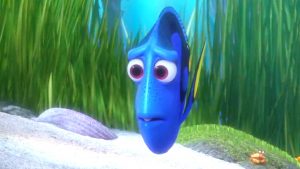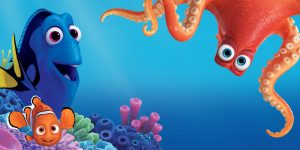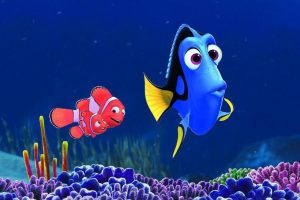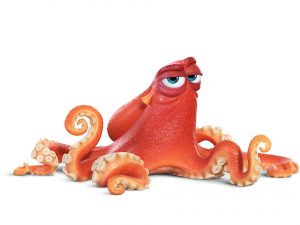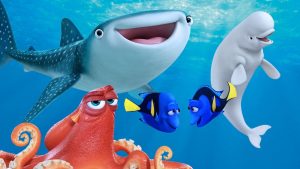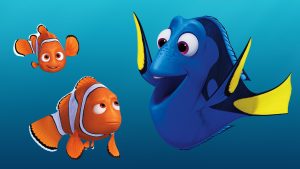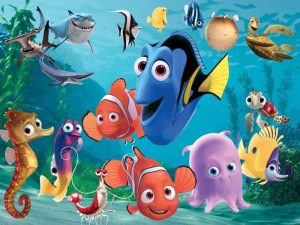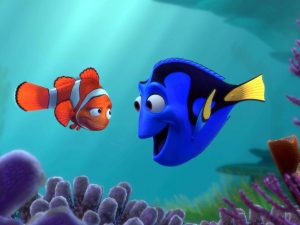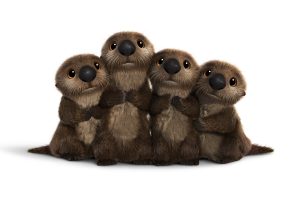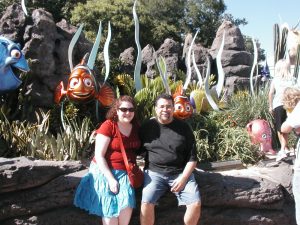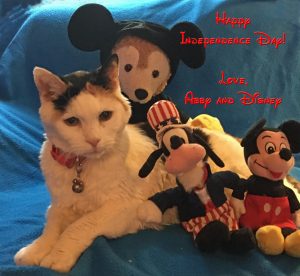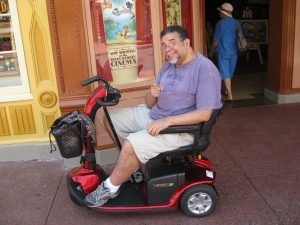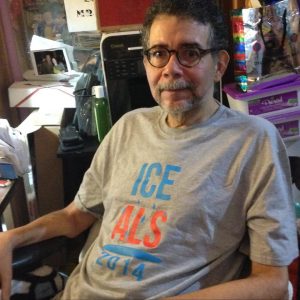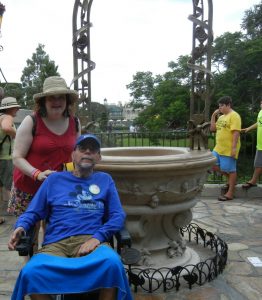An Important Book for Caregivers: Home Hospice Navigation
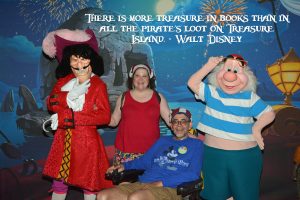
In addition to sharing my Disney-ish reflections on caregiving, grief and beyond, I also want to share resources that can help with caregiving and grief. It will not come as a shock that I happen to agree with Walt that “There is more treasure in books than in all the pirate’s loot on Treasure Island.” I guess I was a little like Goldilocks when it came to reading books about caregiving, grief, and ALS—some were too clinical, some were too spiritual or faith-based, some were too heavy-handed, with so much detail that I ended up feeling confused or defeated. I wanted a concise and accessible how-to resource. I recently discovered just that, an easy to read, informative, understandable and engaging book called Home Hospice Navigation: The Caregiver’s Guide by Judith Sands, RN, MSL, BSN, CPHRM, CPHQ, CCM, LHRM, ARM who is a healthcare professional, nurse, recognized authority in the areas of care coordination, quality, risk management, and patient safety.
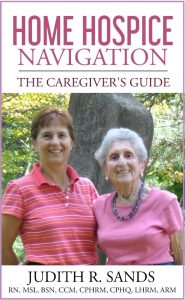
I read many caregiving books, and receive frequent comments from caregivers with questions, concerns and misconceptions of home hospice. I know that it’s difficult to research things when you’re caregiving, and when you do have the time you don’t always have the energy. However, if the notion of home hospice has crossed your mind, I strongly recommend that you take a look at this informative read and wonderful resource that does, indeed, help you to comfortably approach the navigation of home hospice options. Home Hospice Navigation is written for the caregiver in easy to read, well organized sections, with good advice that is offered as if Ms. Sands is standing next to you anticipating your questions. First and foremost, it clears up the glaring misperception that home hospice is the equivalent of euthanasia and that someone needs to be close to death to receive home hospice services. Instead, Ms. Sands points out that “hospice should be thought of as living fully as long as possible and helping your loved one to die a peaceful and comfortable death.” I have to admit, I found it confusing when Ben was put on home hospice. It was the physical therapist from our visiting nurse program who suggested it when Ben needed more help and was nervous about being alone but reluctant to accept that he needed to hire an aide. This woman set in motion a process that allowed Ben to receive helpful care, support and medical supplies. As caregivers, we often neglect our own physical and emotional needs and hospice care services also provided a lot of emotional support to me. Yes, there is a trade-off at times with what is covered by insurance, but home hospice is definitely an option worth exploring. This benefit is covered through Medicare, Medicaid and most commercial insurance policies.
Ms. Sands lets you know what information is applicable across the board and what may be specific to your state or insurance. Throughout the book you will find anecdotes about Ms. Sands’ experience with home hospice with her mom. These stories show the very personal inspiration for this book and make it very relatable for many caregivers. There are references to the important documents that everyone should complete, which are conveniently organized and available through her web site, www.JudithSands.com (the book can also be purchased through her site). Also, you will find suggestions of considerations, conversations that should take place, and a step-by-step, very accessible process for how to begin to engage hospice services and work with medical and related staff.
I wish I had this book when Ben and I were making decisions about his health care. I highly recommend Home Hospice Navigation: The Caregiver’s Guide to those of you who are daunted by home hospice and do not know where, how or whether to consider it as an option. The book can be purchased in paperback or digital versions through JudithSands.com. Please feel free to contact me with any questions or comments.
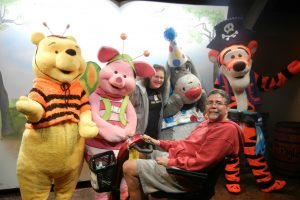
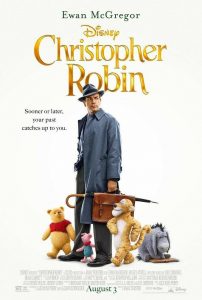
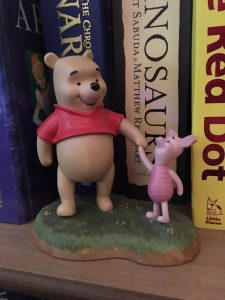
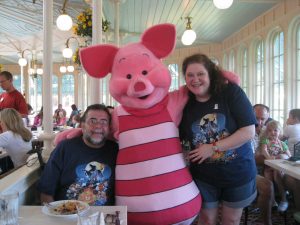
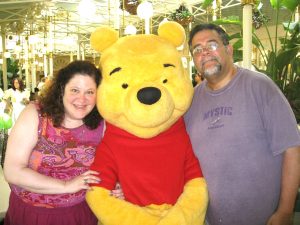
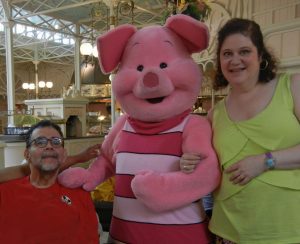
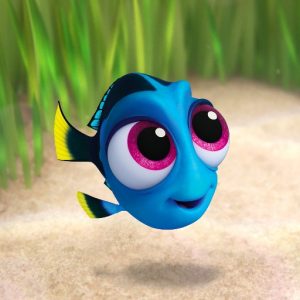
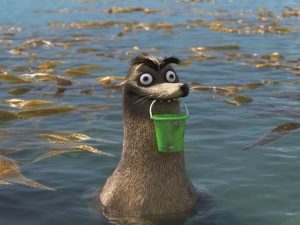 Dory felt alone because she thought she would never find her mom and dad and have a family. She finally realized that Nemo and Marlin were also her family. My friends are my family, too and they provided help and support for which I will always be grateful. So did some of the professionals who took care of Ben, and I will forever love and be grateful to them as well. Becky and Gerald may have seemed like they were not up to the task of helping Dory and her friends, but they also came through in big ways. Don’t automatically judge or dismiss people, especially if they genuinely want to help, because they may be the very people who will listen, assist and offer really good ideas and information. Teamwork happens in many ways. All kinds of people stepped in surprised us in wonderful ways throughout Ben’s illness, and they continue to do so. They have compensated for the people who disappointed us, because, of course, there’s that, too. Knowing that Ben was in the hearts of many always touched me, and it still does. Never underestimate the power of compassion and always be open to delightful surprises.
Dory felt alone because she thought she would never find her mom and dad and have a family. She finally realized that Nemo and Marlin were also her family. My friends are my family, too and they provided help and support for which I will always be grateful. So did some of the professionals who took care of Ben, and I will forever love and be grateful to them as well. Becky and Gerald may have seemed like they were not up to the task of helping Dory and her friends, but they also came through in big ways. Don’t automatically judge or dismiss people, especially if they genuinely want to help, because they may be the very people who will listen, assist and offer really good ideas and information. Teamwork happens in many ways. All kinds of people stepped in surprised us in wonderful ways throughout Ben’s illness, and they continue to do so. They have compensated for the people who disappointed us, because, of course, there’s that, too. Knowing that Ben was in the hearts of many always touched me, and it still does. Never underestimate the power of compassion and always be open to delightful surprises.